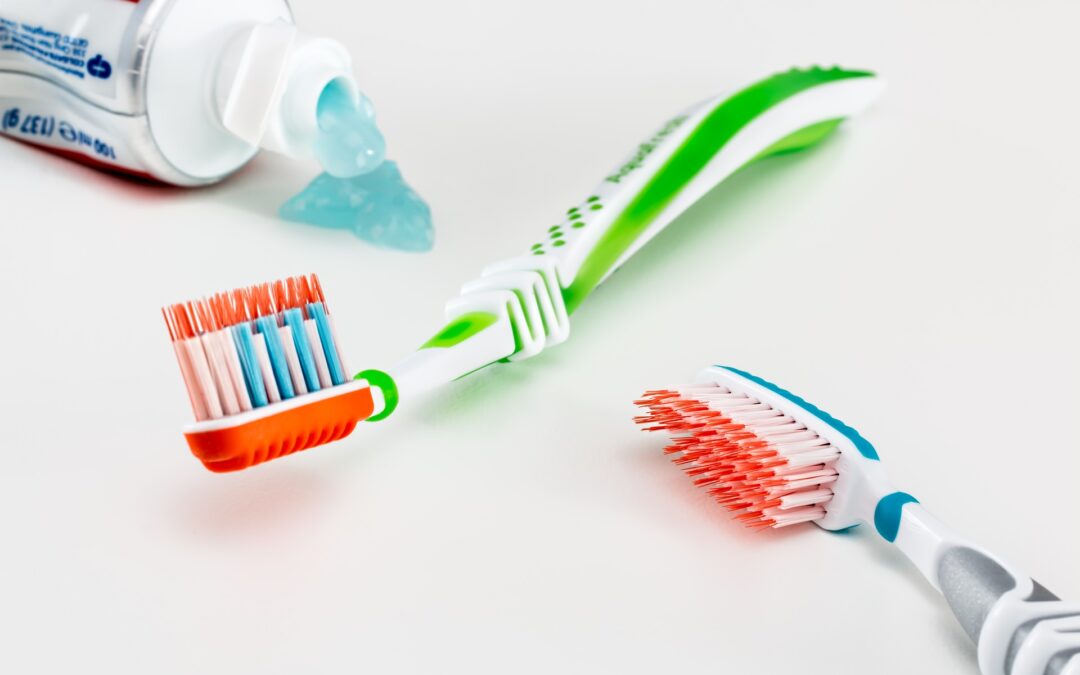Good oral health is often equated with a lack of cavities and a healthy smile. But it’s much more than that. It’s a crucial component of your overall well-being, encompassing the absence of oral diseases, a functional bite that allows you to eat and receive adequate nutrition, and a smile that lets you express happiness confidently. However, minor oral health problems, if neglected for too long, can become complicated, painful, and expensive.
The Risks of Neglecting Oral Health
Neglecting your oral health can lead to numerous problems, such as gum disease, which can progress from gingivitis to periodontitis. Periodontitis is a serious form of gum disease that can loosen your teeth and cause them to fall out, leading to bone loss in the jaw and inadequate nutrition. Moreover, numerous studies have linked severe gum disease to an increased risk of cardiovascular disease. It’s crucial to take preventive measures to maintain your oral health and avoid these serious problems.
What You Can Do to Maintain Good Oral Health
Maintaining a daily oral hygiene routine that effectively removes plaque from your teeth is one of the most important things you can do to safeguard your oral health. Brushing your teeth twice a day with fluoride toothpaste and flossing at least once a day can help remove plaque and prevent oral health problems caused by the bacteria that thrive in the plaque biofilm.
In addition to oral hygiene, your nutrition and lifestyle choices also play a significant role in maintaining good oral health. You can control factors such as the amount of sugar you eat, exercise frequency, smoking habits, and frequency of dental visits.
The Benefits of Regular Dental Visits
Visiting a dentist regularly is essential to maintaining good oral health. Dentists specialize in oral health and offer a wide range of preventive services, such as regular exams to check for signs of oral cancer, tooth decay, gum disease, and other infections, cleaning hard-to-reach deposits from your teeth, and answering any questions you have on oral health and its connection to systemic diseases.
Regular dental visits can save you time, money, and headaches in the long run and even save your teeth. By working together, you and your dentist can take proactive steps toward a healthy future.
In conclusion, oral health is crucial to your overall health and well-being, encompassing a healthy mouth free of disease, a functional bite, and a confident smile. Neglecting oral health can lead to severe problems, such as gum disease and an increased risk of cardiovascular disease. Maintaining a daily oral hygiene routine, making smart nutrition and lifestyle choices, and visiting a dentist regularly can help you achieve and maintain good oral health.

